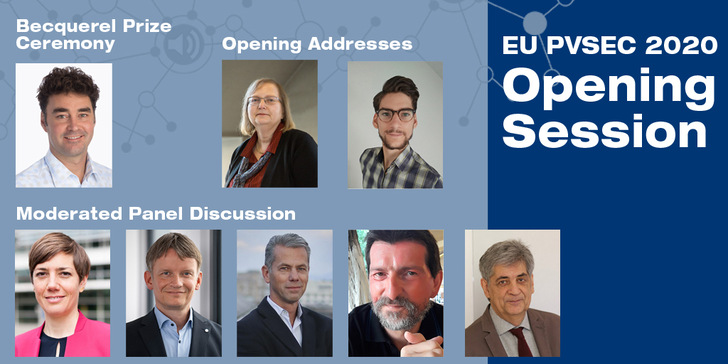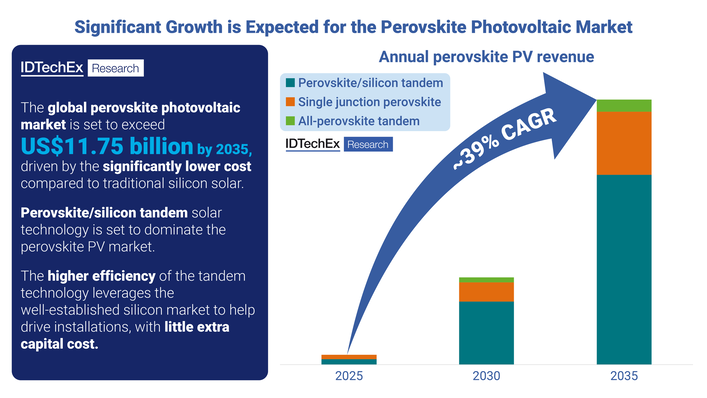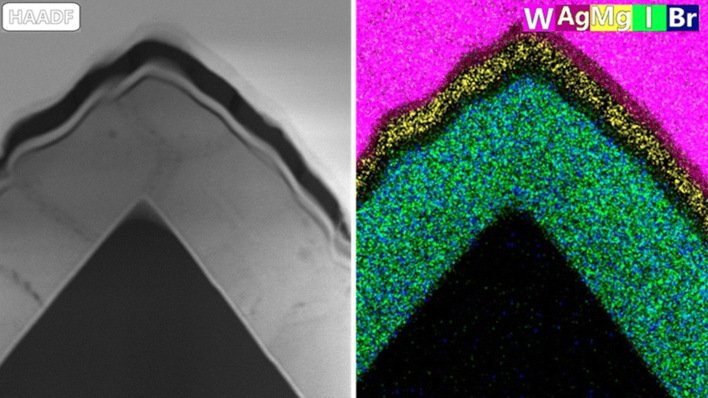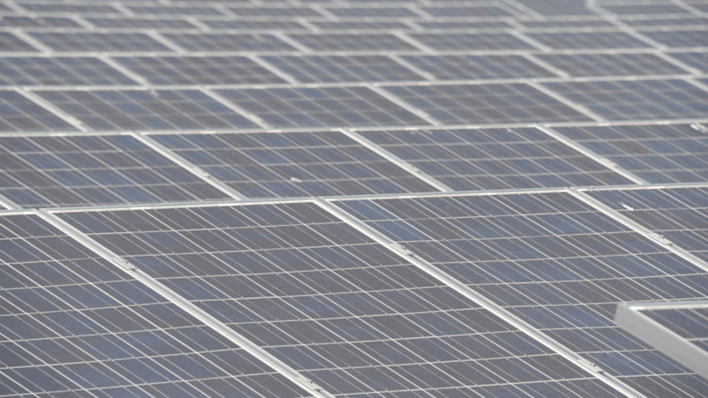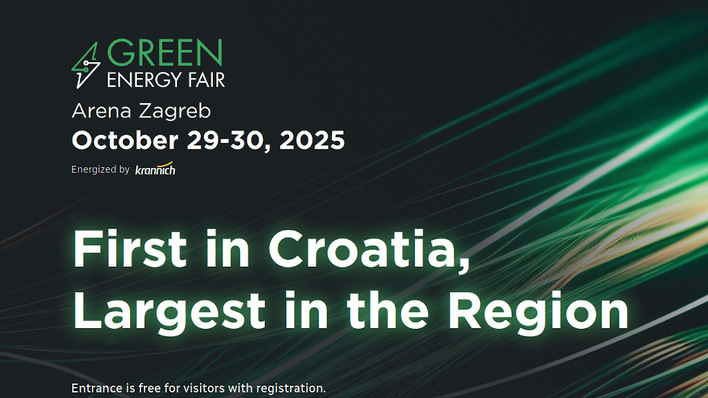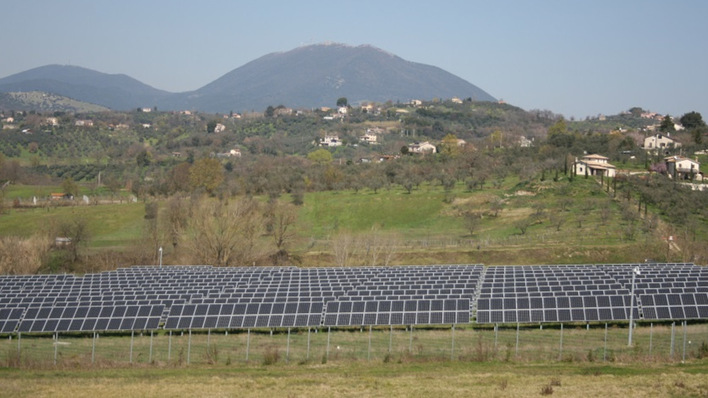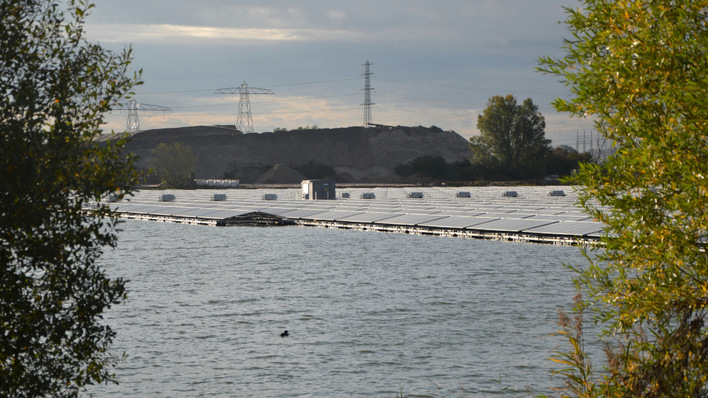The EU PVSEC 2020 comprised a vast scope of different PV topics. We have learned about advances ranging from solar cells in a range of technologies to applications and economics. Wafer-based silicon cells, the workhorse of the PV industry, continue to improve in manufacturing and efficiency, such as PERX, TOPCon, SHJ, Bifacial. From a European perspective it was a boost to hear of the 25-per cent efficiency record from a SHJ cell made in Europe. A very comprehensive overview of OPV indicated the clear progress being made, and records in OPV efficiency were announced. Perovskites continue to progress, also as an element of tandem devices. More attention is also being given to encapsulating perovskite cells and modules, allowing the field to move towards testing efficient devices under outdoor conditions.
It comes as no surprise that Professor Henry Snaith of Oxford University was awarded the Becquerel Prize for his outstanding research with perovskites. He is aiming to start to production of his perovskite-silicon tandem cells by 2021.
AI for large systems
As systems get larger, autonomous monitoring of PV Systems, for example using UAVs, is essential. The introduction of digital tools such as AI and Machine Learning is helping to improve forecasting and system monitoring. These help achieve higher energy production yields and reduced costs for operation and maintenance.
The benefits of a range of applications, including BIPV, Agro-PV and VIPV and Power to X have been successfully demonstrated. The importance of storage to integrate increasing penetration of renewables in the energy system has been underscored. Finally, it was shown that only PV can deliver enough power to decarbonise, a message that will encourage all workers in the field to keep striving to maintain the momentum.
Sessions available for streaming
Despite concerns about a virtual event, the EU PVSEC 2020 online was a success and the numbers confirm that: Over 850 live presentations across 5 days, 1,500 participants from 65 countries were virtually connected. The opening session was streamed live on Youtube and caught the attention of over 3.000 viewers.
All conference sessions, as well as parallel events will be available for streaming on demand to registered participants for one full month after the event. The networking lounges are still open, and the download of related magazines is also possible. It is also still possible to register for the EU PVSEC 2020 to take advantage of this opportunity.
The 38th edition of the European PV Solar Energy Conference and Exhibition will be held from 6 – 10 September 2021 in Lisbon. (mfo)


